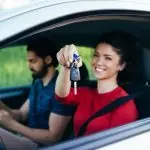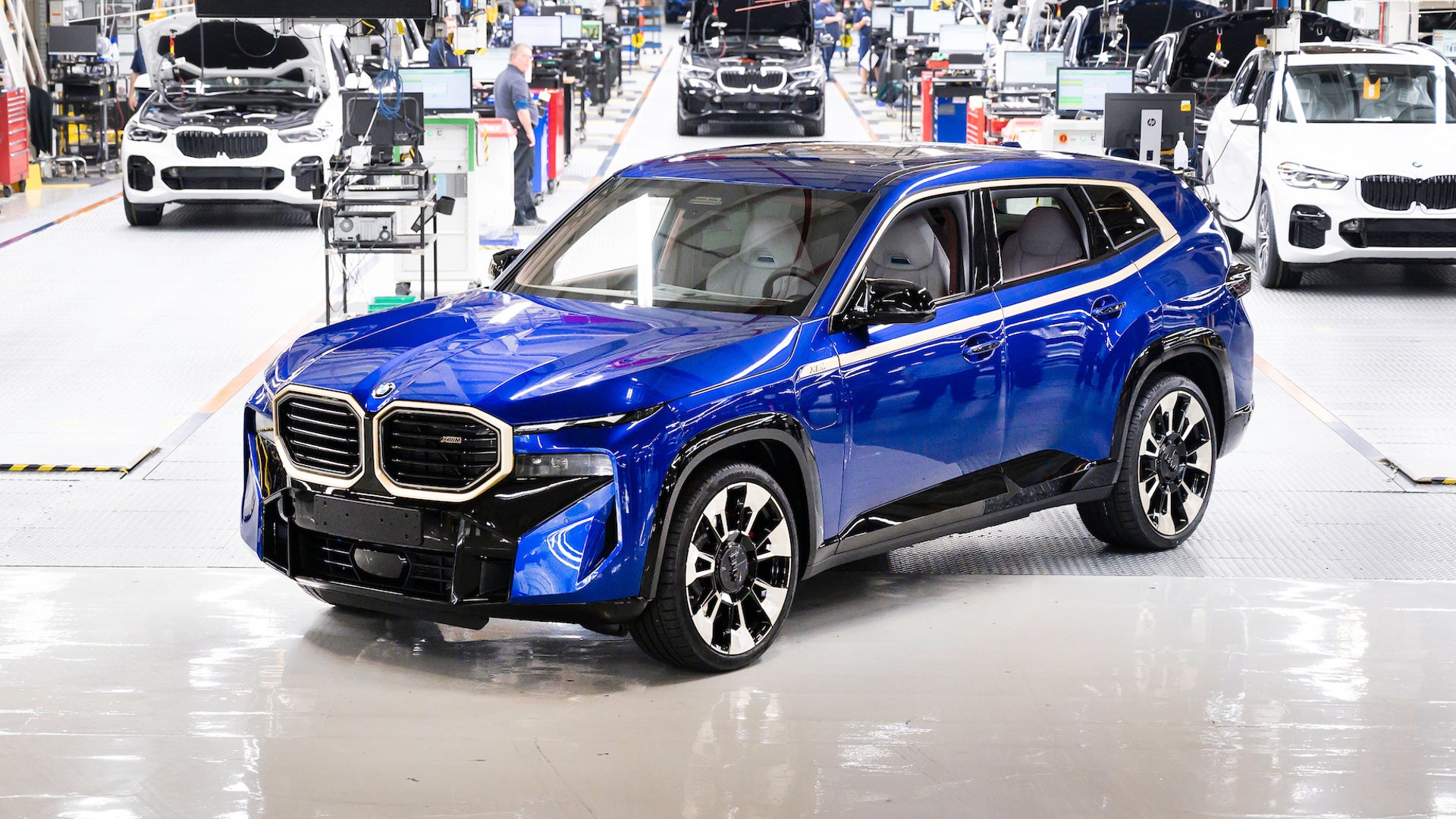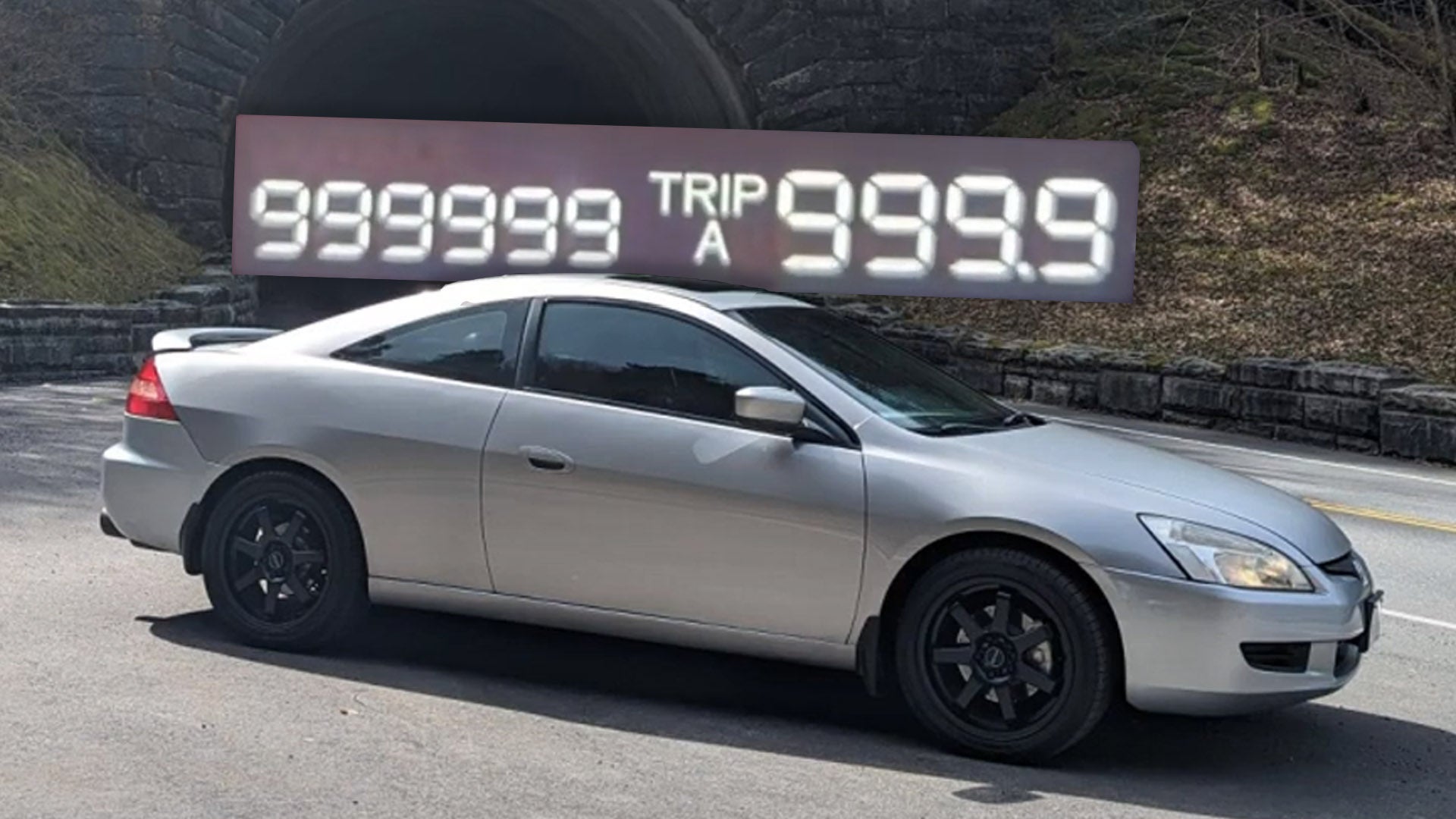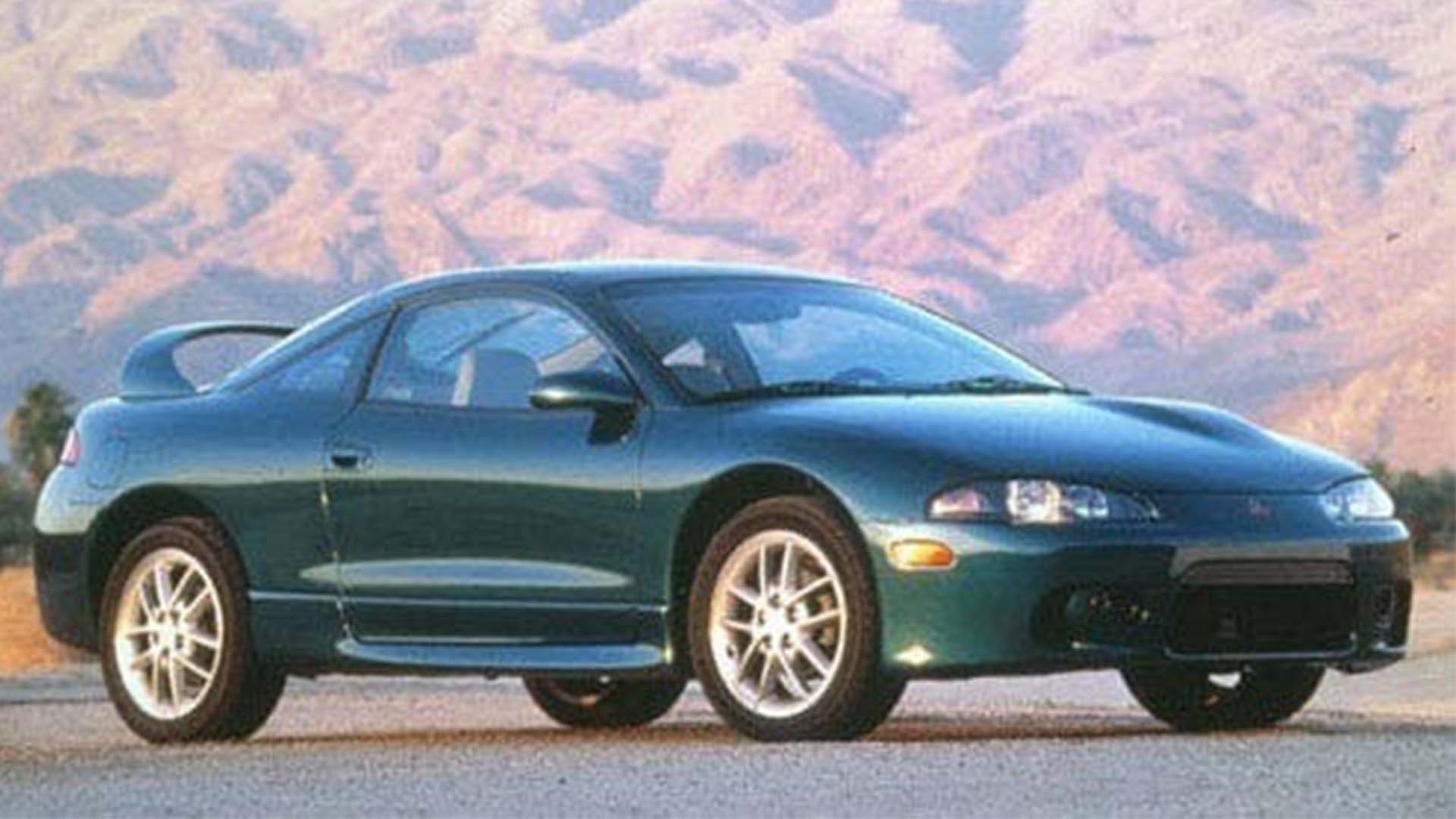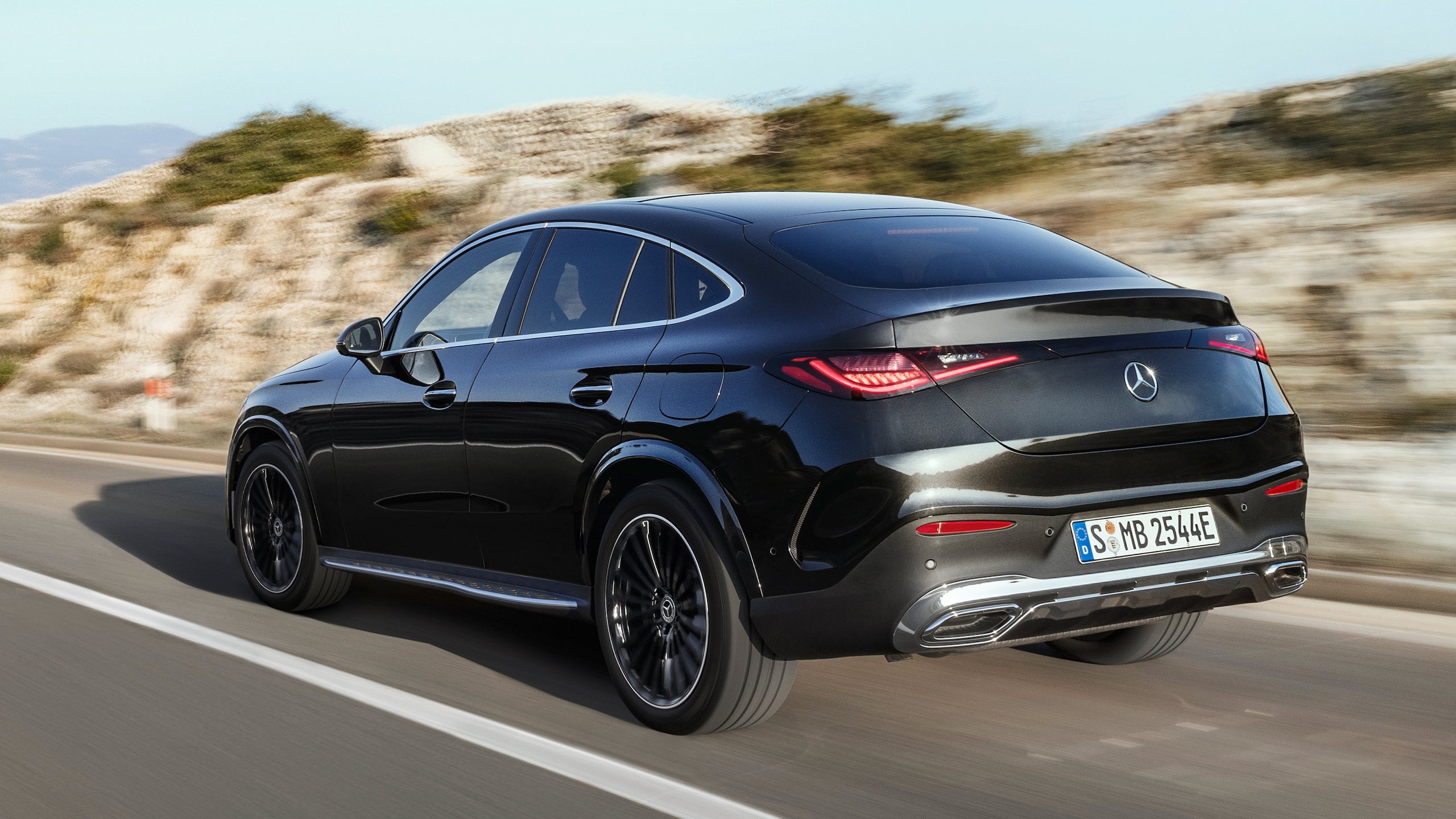Volvo has long been considered the leader in automotive safety among automakers, putting its vehicles through rigorous tests to ensure that occupant welfare is more than just a marketing-driven five-star rating. Most recently, Volvo has been putting a higher focus on its software-based safety features, a move which it plans to use as a second layer of safety on top of its vehicles' tough outer shells.
On Wednesday, Volvo said that it will begin equipping its new cars and SUVs with interior-facing cameras designed to monitor a driver's attention to the road. If the cameras were to detect that a driver is distracted by looking at their smartphone or not keeping their hands on the steering wheel, it would raise an alarm. However, Volvo claims that if the system could also detect if a driver is intoxicated or falling asleep.
If such a thing happens, a member of Volvo's on-call assistance team will then attempt to make contact with the driver via the car. As a method of final resort, and should the driver fail to respond, the car will be slowed down and safely parked.
“When it comes to safety, our aim is to avoid accidents altogether rather than limit the impact when an accident is imminent and unavoidable,” said Volvo's Senior Vice President of R&D, Henrik Green. “In this case, cameras will monitor for behaviour that may lead to serious injury or death.”
For some, this is welcomed in a world of DUIs and texting while driving. For others, the program raises privacy concerns over just what kind of information Volvo will collect and disseminate. The automaker has already been met with criticism over its decision to limit all of its vehicles' top speed to 112 miles per hour, and this new technology may face the same opposition should consumers be wary of the tech.
Other automakers have already adopted driver-facing cameras in their Advanced Driver Assistance Systems. Cadillac's Super Cruise, for example, utilizes similar eye-tracking software in order to detect if a driver is actively paying attention to the road as the system helps drive the vehicle within its lane under certain conditions. Objectively, Tesla has rejected the technology for being "ineffective."
Volvo expects to roll out the technology beginning with its new SPA2 architecture in early 2020.



